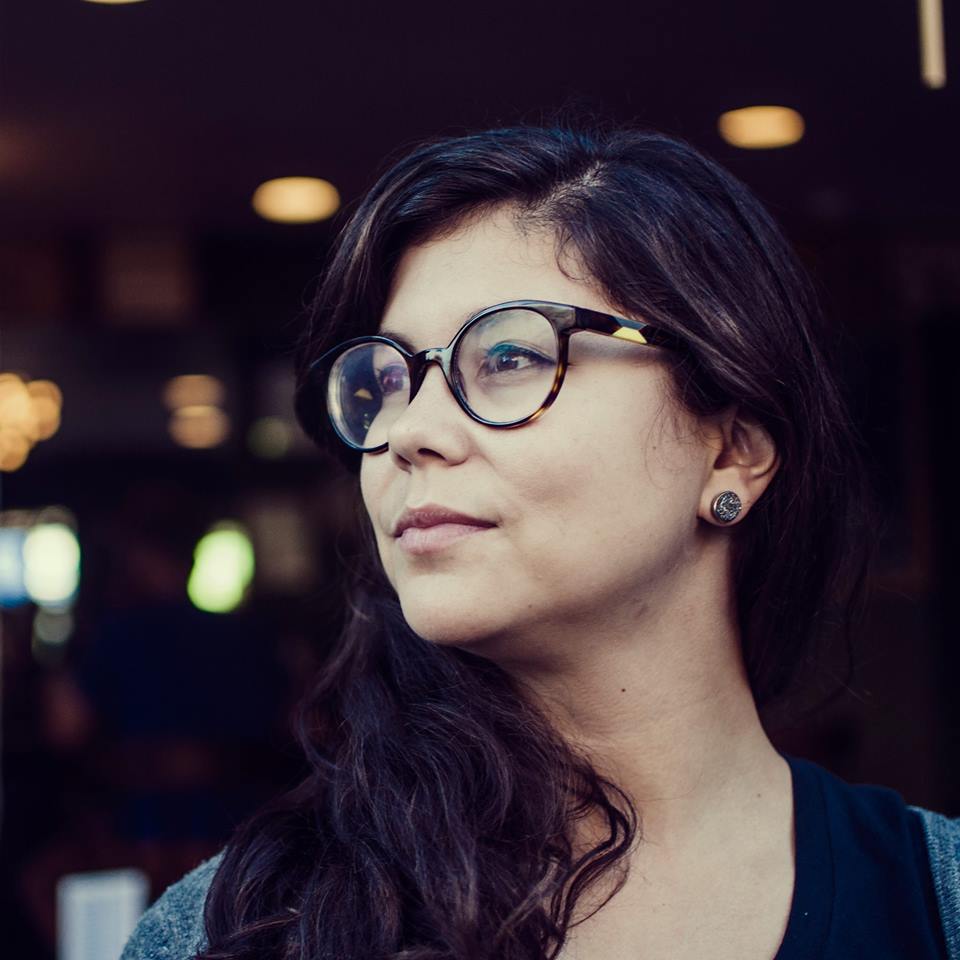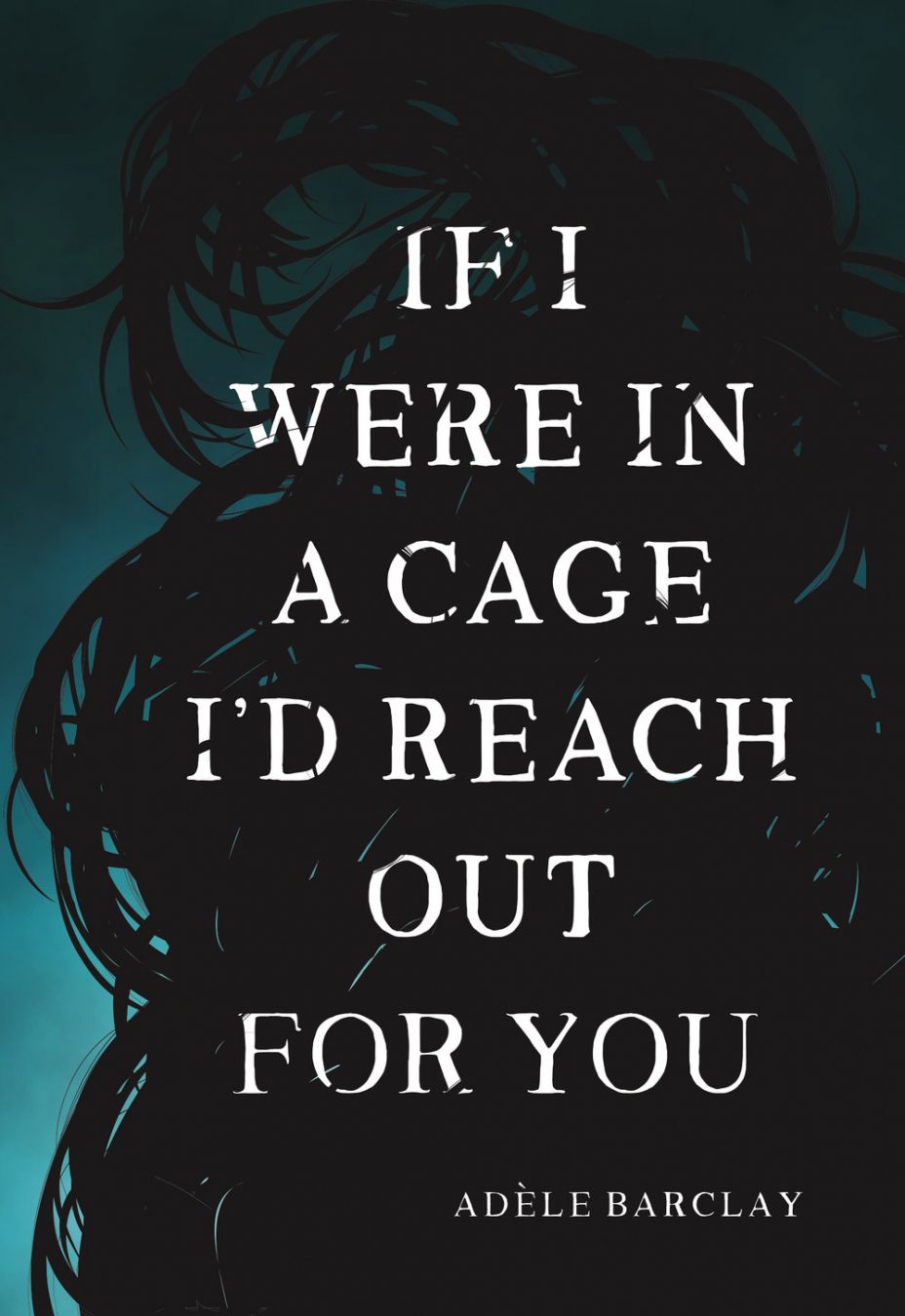“The Go Bus saved my life.” Adèle Barclay is joking when she says this, but as a young poet growing up in small, conservative Georgetown, Ontario, the Go Bus was her lifeline to the nearby Toronto arts community. “When I was a teenager, getting into art and feminism, going to readings and concerts in the city, my dad got very concerned,” Barclay recalls. “He definitely thought I was queer, and his response was just to denigrate lesbians and say awful things about them in front of me.” Toronto’s festivals, book fairs, and other literary events were formative escapes for her: “I learned how life-affirming and life-saving an artistic community can be.”
Barclay, now 29, lives in East Vancouver and is winding down from a hectic couple of months. Her debut poetry collection, If I Were in a Cage I’d Reach Out for You, was released by Nightwood Editions last fall, around the same time she finished the PhD program that brought her to the West Coast. “I took a chance on B.C.,” she says of her decision to relocate to Victoria from Montreal for her studies. The move disrupted her writing in ways she hadn’t anticipated. Barclay is gregarious—her work both celebrates and is fed by human connection, and she found Victoria’s introversion alienating. “When I was in Victoria I had a moment where I was like, ‘Oh, I guess I’m not a writer,’ and it was really sad,” she recalls. “For the first time in my life I wasn’t writing, or what I did write wasn’t good.” Something didn’t feel right.
It took another move—this time to Vancouver—and workshops with fêted contemporary American poets Ariana Reines and Brenda Shaughnessy to get Barclay back into her writing groove. “After the workshop with Brenda I was writing almost every day, just feeling that energy, that flow, and putting things together in ways I hadn’t before,” she says. Barclay was visiting New York at the time, researching her dissertation, and felt galvanized by the city’s energy. Shaughnessy encouraged Barclay to gather her poems into a collection, but she says that she “wasn’t even thinking about publishing, I was just so happy to have writing back.” But publish she did.
New York has become part of the fabric of Barclay’s poetic world. In her collection’s opening piece, the speaker, caught in “the west coast’s weatherless / bowl,” yearns to return to “the slick jaws / of Brooklyn.” Barclay’s poems function as DIY time machines, twisting past and present together while summoning a cast of friends whose names punctuate titles, dedications, and lines. Most prominent is a friend named Sara—six poems addressed to her structure Barclay’s five-part collection. In one poem, the two friends reunite in Bushwick: “I wrap my right arm around your belly / and swat our nightmares with my left.” Barclay explains that she sees poetry as a way to reify unexpected connections and relationships that defy convention—to say, “it’s okay to love people in these ways that don’t fit normal romantic scripts.”
Readers and judges lauded Barclay’s work in 2016—she received both The Walrus Poetry Prize Readers’s Choice Award and Lit Pop Award for Poetry. “It feels good, of course,” she says, “but also, those aren’t the things that sustain you long-term, emotionally.” Reflecting on the book tour that followed her collection’s release, she says one of her favourite moments came after a reading, when she hung out and ate chicken wings with doyennes of the local literary scene. “Those moments make things feel possible,” she says. “Hanging out with these badass radical feminists is just what little Adèle wanted.”
Get stories delivered right to your inbox every Thursday.










